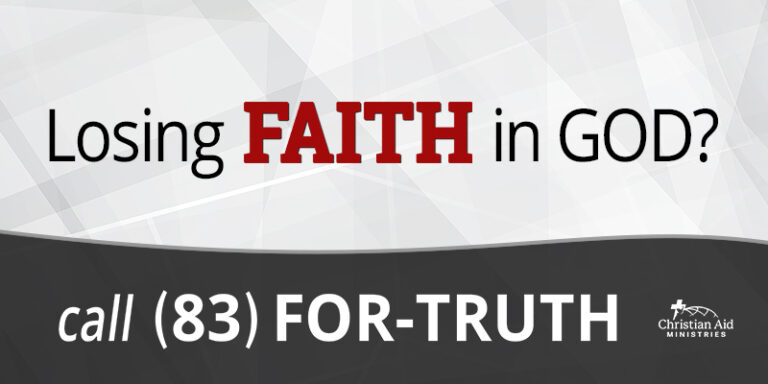“But I say to you, love your enemies, bless those who curse you, do good to those who hate you, and pray for those who spitefully use you and persecute you” (Matthew 5:44)
This verse is part of the Sermon on the Mount, and you can read it in context here.
Anyone can love people who love them back. But…
- loving our enemies,
- blessing those who curse us,
- doing good to those who hate us, and
- praying for those who persecute us
…is much harder. We can do this only if we have the love of Jesus in our hearts.
Luke 6:27-36 is an expanded version of Matthew 5:44. It adds some practical examples to illustrate what loving your enemies means. For instance, if someone hits you on the one cheek, offer that he can hit you on the other cheek as well. If someone steals your cloak, offer him your tunic as well. Or, as the New Living Translation says, if he asks for your coat, offer him your shirt as well!
It is one thing to say that real Christians should love their enemies. But when we read passages like the one in Luke 6, the challenge comes a lot closer home.
Jesus not only taught us to do these things, but also gave us an example of how to do them. When the Roman soldiers nailed Him to the cross, He called out to God, “Father, forgive them, for they know not what they do.”
How do you love your enemy and do good to those who hate you? Read Romans 12:19-21. This passage lists three things you can do:
- Do not take revenge on your enemy for doing wrong to you.
- If your enemy is hungry, give him food.
- If your enemy is thirsty, give him something to drink.
The Bible calls this, “heap[ing] coals of fire on [your enemy’s] head.” What better way can there be to overcome evil than to overcome it by doing good?
What about blessing those who despitefully use you? And praying for those who persecute you, or misuse you? Our natural tendencies are to do the opposite of this. We like to get revenge in a way that somehow causes trouble for someone who has offended us. Often, we try to make sure our “revenge” is worse than what we have received. But that isn’t God’s way. The Bible tells us that “a soft answer turns away wrath.”
Loving our enemies is another one of Jesus’ teachings that is much easier to talk about than to practice. The key word in this passage is the word love. It is easier to love our enemies if we remember how God loved us. We were His enemy at one time. Yet He loved us so much that He sent His Son to earth to die for us.
How can we do anything less than to love our enemies, if He did this for us? Maybe, through our love for them, they will see God’s love and decide to accept it for themselves.
“And a servant of the Lord must not quarrel but be gentle to all, able to teach, patient, in humility correcting those who are in opposition, if God perhaps will grant them repentance, so that they may know the truth, and that they may come to their senses and escape the snare of the devil, having been taken captive by him to do his will.” (2 Timothy 2:24-26)











2 Responses
Seems simple to me.
Do I love my life more than I love God?
Do I love my country more than God loves the World?
Do I love myself more than I love my enemy?
Do I love my way of thinking more than God’s?
Usually people counter with, “What if?”
At what point does a “what if” take precedence over the written Word of God?
I once tried to counter someone trying to refute my understanding of Scripture by referring to the second world war. We had just studied the teachings of Jesus, about walking the extra mile, loving your enemies, paying taxes and obeying the government over us. I replied by saying I would be killed as a traitor if the Nazi’s had invaded England and I lived by following Jesus, as I believed I should. He was aghast at me for even thinking such a thing, stating;
You would be forced to speak German. I replied, then I would learn German and proclaim the Gospel in German.
You would be eating sauerkraut, I replied then I would give God thanks for my food.
You would be thrown into prison, I replied then like Paul, I would have a prison ministry.
You would be shot, I replied then I would go home to be with my Lord.
He walked away totally baffled and contemptuous.
Carl, just journeying through.
It is the Christian difference. Pray and love: this is what we must do,” he said, and not only with those who we consider our friends.